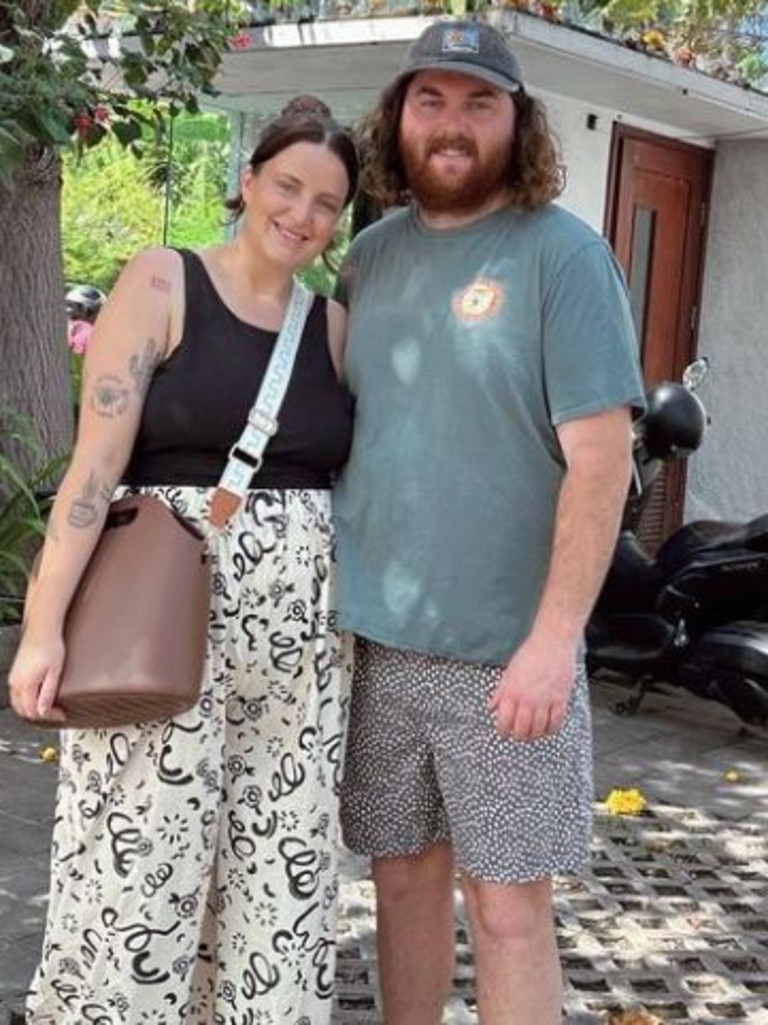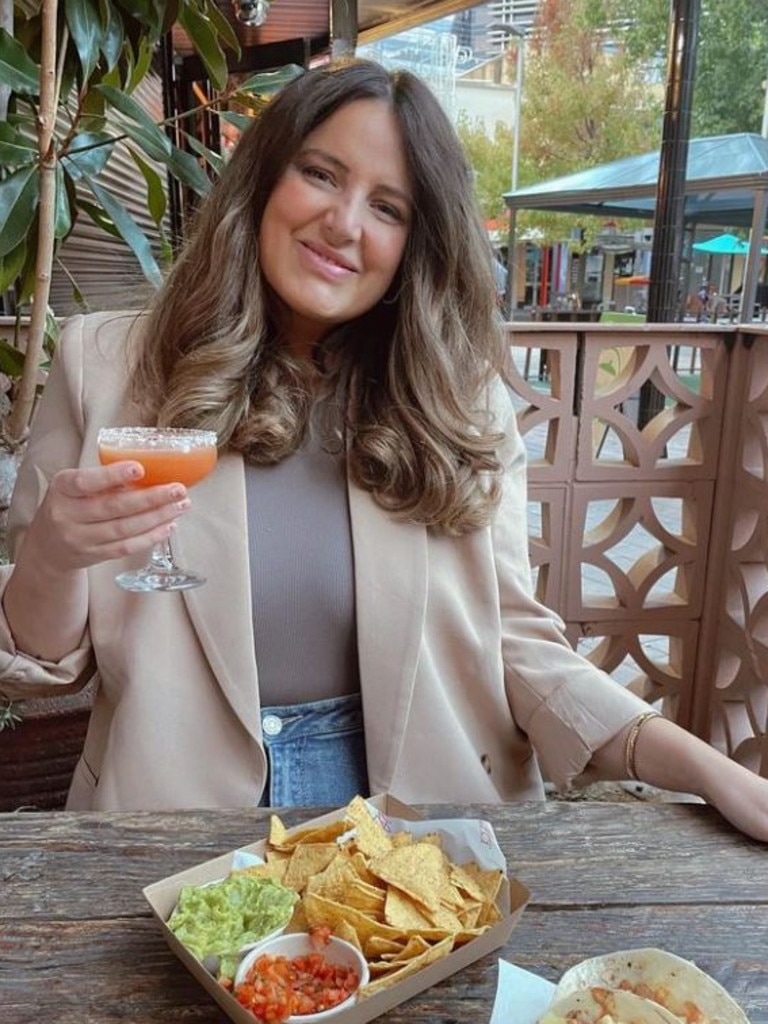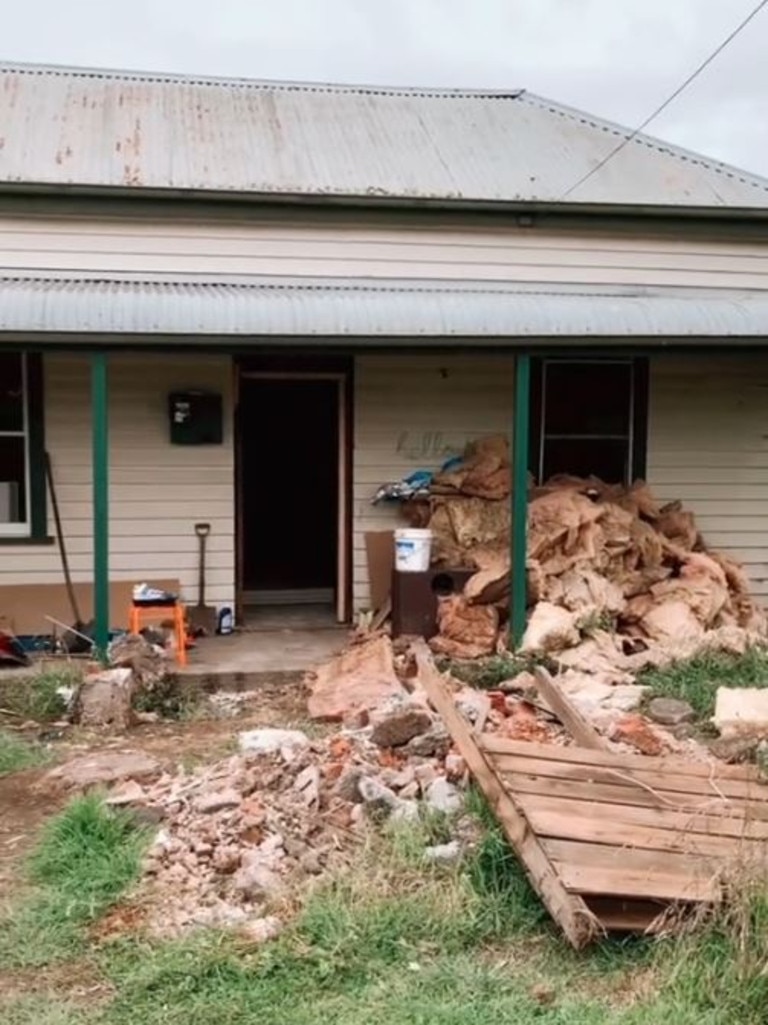‘Privilege’: 30yo reveals how she bought her first home
The housing crisis is alive and well in Australia, and one young Aussie has ignored a taboo and revealed how she really afforded her first home.
As house prices continue to soar in Australia, working hard isn’t enough, and young people are relying more on family wealth to get ahead than on their salaries.
Financial comparison website Finder found, after surveying more than 500 homeowners, that 11 per cent received financial assistance from their families towards a deposit for their first home.
Real estate agent Corey Adamson previously told news.com.au he is increasingly seeing young people getting help from their parents to get onto the market.
“Lots of parents are going as guarantors, a lot of people are buying properties with their parents, and lots of people are buying properties with early inheritance,” Mr Adamson said.
It is no wonder when you consider the median national house price in Australia is now sitting at more than $900,000.
Georgina Fox was able to buy her first home only because her uncle, who had passed away, left her a substantial amount of money.
“I want to point out the privilege I have because I don’t think it is fair if I don’t,” Ms Fox told news.com.au.


The 30-year-old is very transparent that she received help getting on the property ladder because she knows it would have been impossible without an inheritance.
There’s also a sense of guilt associated with it. Sure, she knows anyone in her position would do the same, but the inheritance is just a reminder to her that Australia’s housing system is “broken” and her privilege means she doesn’t have to struggle like many of her mates.
“It is hard when I see people struggle to enter the housing market when I was given it,” Ms Fox said.
“I tell people I’ve had help because I don’t want people to think otherwise”.
Financial expert Graham Cooke said people getting into the market are increasingly leaning on family financial support.
“For many Australians, the bottom rung of the housing ladder has been getting harder to reach,” Mr Cooke told news.com.au
“This means without parental help, it’s going to take significantly longer to pull together a deposit.
“You’re also competing with buyers who might have a larger deposit thanks to help from mum and dad.”
It’s also a tough conversation to navigate. Admitting you got financial help to buy is still pretty taboo.
In Ms Fox’s case it is hard because people aren’t delicate about her feelings. Yes, she’s lucky to own a home, but she had to lose someone that she loved.
“I feel like people’s reactions are like ‘wow that is amazing’, but there’s an underlying sense of sadness. But how do you put people on the spot and make them uncomfortable?” she said.


Ms Fox considers herself a “hard worker”, but she works in childcare and has four children. Her partner is a plumber and she’s accepted that she’s “never going to make $100,000”, so her inheritance was the only way she was able to afford a home.
“I consider myself hardworking and I’ve also had a lot of help. I know people get icky about saying they are privileged. You can work hard and you can also say ‘I had help’,” she said.
The busy mum lives in a regional town two hours from Melbourne. It boomed during the pandemic when all the city slickers got the green light to work from home.
She used the inheritance for a deposit on the worst house in the best street. The money got her in the market, but it didn’t afford her a mansion, and she and her husband are still paying back a substantial mortgage.
“Half the back of our house is falling apart and we’ve had to put our renovation off because of the mortgage,” she said.
The couple also can’t afford to borrow more to renovate because they cannot get bank approval.
“Even with the equity in our property we aren’t earning enough to service a bigger loan,” Ms Fox said.
Ultimately, she feels “lucky” she had the financial help, but it also makes her acutely aware that not everyone is.
“I just feel this is so unfair. This is the level we have to go to buy a house by asking our families. It just shouldn’t be how it is. I feel for people that don’t have that family support.”






